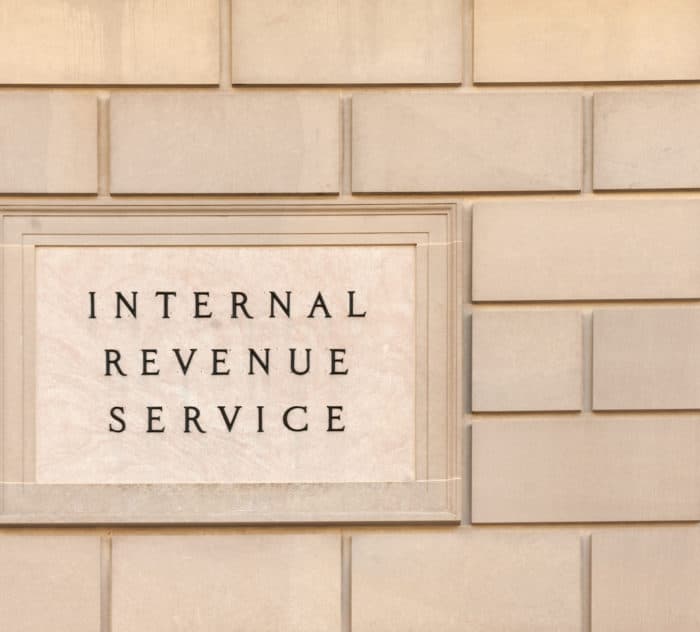When incorporating a business, you may form a C corporation or S corporation. If you choose a C corporation, consideration should be given to qualifying the stock as “qualified small business stock” (“QSBS”).
Generally, Internal Revenue Code (“Code”) §1202 permits a taxpayer, other than a corporation, to exclude 100% of the gain realized on the sale of such stock if the taxpayer acquired the QSBS after September 27, 2010, and holds the stock for more than five years before the sale. The taxpayer may exclude 75% of the gain if it acquired the QSBS after February 17, 2009, and before September 28, 2010, and held it for more than five years. For stock acquired on or before February 17, 2009, the percentage exclusion is 50%. The amount of gain that may be excluded in this manner is limited, on a “per issuer” basis, to the greater of $10 million or ten times the taxpayer’s basis in the stock. For stock acquired after September 27, 2010, the minimum tax preference under Code §57(a)(7) no longer applies that required a portion of the gain excluded under Code §1202 to be added back for alternative minimum tax purposes.
QSBS means any stock in a domestic corporation that is originally issued after August 10, 1993, if the corporation is a “qualified small business” upon issuance of the stock and the stock is acquired by the taxpayer at its original issue in exchange for money, other property (not including stock) or as compensation for services provided to the corporation. To prevent the evasion of the requirement that stock be “newly issued,” stock acquired by the taxpayer will not be treated as qualified small business stock if the corporation purchases any such stock from the shareholder or a related person within certain time periods before or after issuance of the shares for which the exclusion is sought. Furthermore, Code §1202 treatment will not be available to a taxpayer if the corporation redeems too much of the aggregate value of its stock as of the beginning of such period (although redemptions incident to certain events, such as death, divorce, disability, and incompetency and certain de minimis redemptions are disregarded for these purposes).
A “qualified small business” is a domestic C corporation, the gross assets of which at all times or after August 10, 1993, through the issuance of the stock in question do not exceed $50,000,000. The corporation must be an “active business” rather than simply an investment company. A qualified small business is any trade or business other than one involving the performance of services in the fields of health, law, engineering, architecture, accounting, actuarial science, performing arts, consulting, athletics, financial services, brokerage services or any trade or business where the principal asset is the reputation or skill of one or more of its employees, among others. A corporation will fail this requirement if too many of its assets consist of stock and securities of other corporations (not including that of a subsidiary). In addition, a corporation does not meet this requirement if it owns too much of real property that is not used in the active conduct of a qualified trade or business. For these purposes, the ownership of, dealing in, or rental of real property is not considered the active conduct of a qualified trade or business.
Gain from the disposition of qualified small business stock by a partnership, S corporation, regulated investment company or common trust fund that is taken into account by a partner, shareholder or participant therein is eligible for the Code §1202 exclusion if all of the requirements of a qualified small business and QSBS are met and if the taxpayer held its interest in the entity on the date the stock was acquired and at all times thereafter until the stock’s disposition. To avoid the circumvention of the holding period requirements, the amount of gain so excluded cannot exceed the amount determined by reference to the taxpayer’s pro-rata interest in the entity upon the acquisition of the stock.
The application of these rules in any specific instance is complex and requires careful planning. If a C corporation is the entity of choice, and sale of the business could occur, you should consider whether to avail themselves of the benefit of Code §1202.


